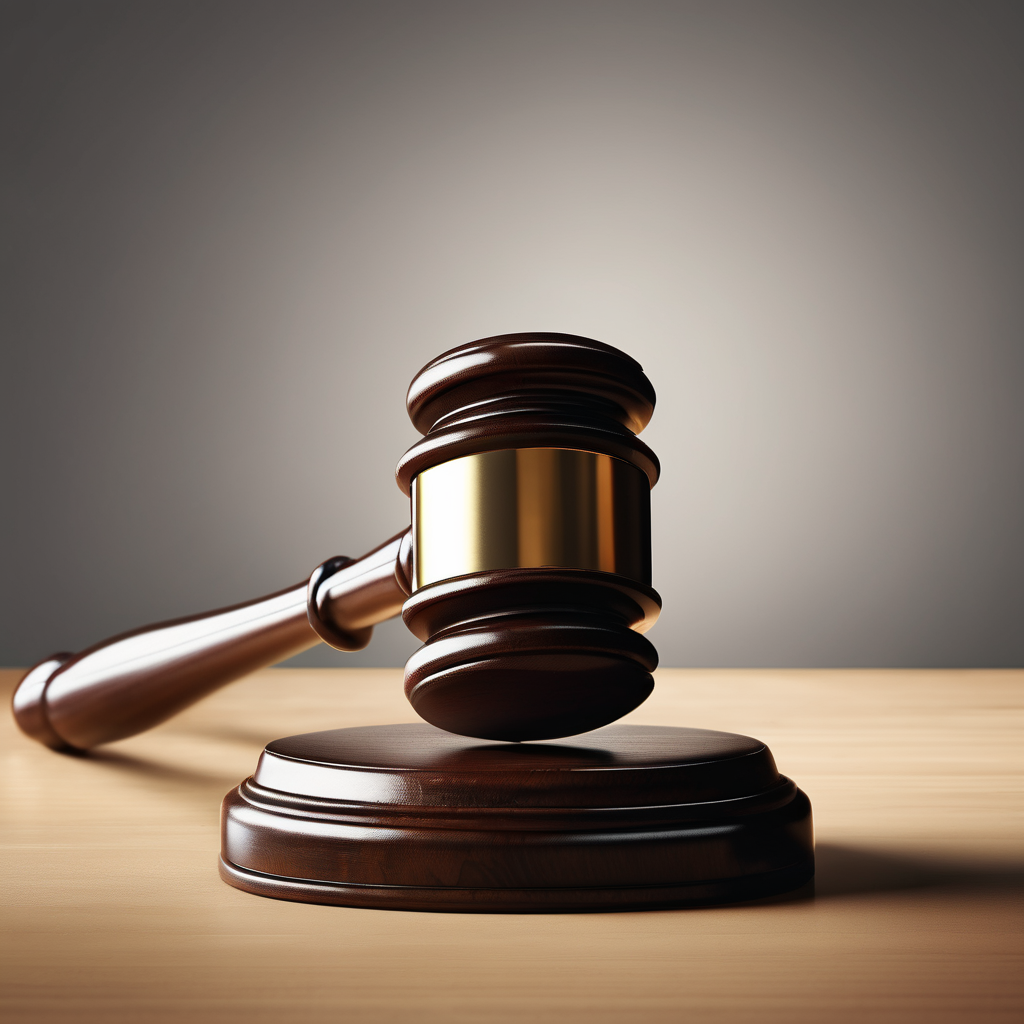President Donald Trump’s recent executive order on countering domestic terrorism and organized political violence has sparked controversy for its one-sided approach and perceived infringement on First Amendment rights. The order emphasizes violence primarily from left-wing groups, without acknowledging similar acts from the right. It references incidents such as the murder of Charlie Kirk and attempted attacks on U.S. institutions but omits violence against Democratic figures and other notable events.
Critics argue that the order unfairly targets left-wing ideologies, equating them with criminal behavior. The document lists First Amendment-protected speech, such as anti-Americanism, anti-capitalism, and anti-Christianity, as indicators of domestic terrorism. While it mentions extremist behavior and potential threats to democratic institutions, these terms are subjective and could harm free speech.
Historically, similar accusations have been made against right-wing extremism. Notably, a 2009 Department of Homeland Security report highlighted potential threats from “rightwing extremism,” which drew criticism for its broad definitions. Now, the roles are reversed, with the current administration accused of using similar tactics against its ideological opponents.
The order raises concerns about the potential misuse of federal power to suppress dissenting voices. Critics argue that targeting ideology rather than specific incitements to violence undermines foundational American principles. By framing certain political beliefs as threats, the executive order could perpetuate division and threaten democratic values.
